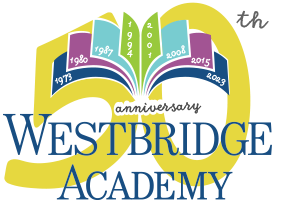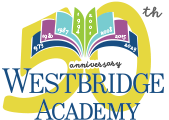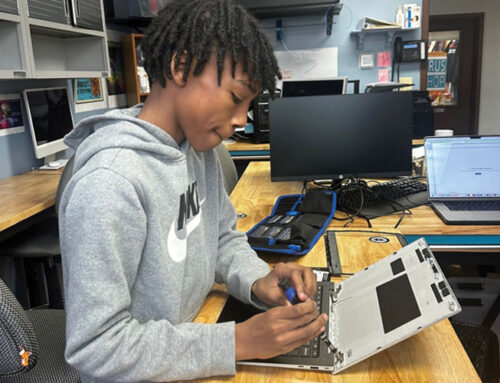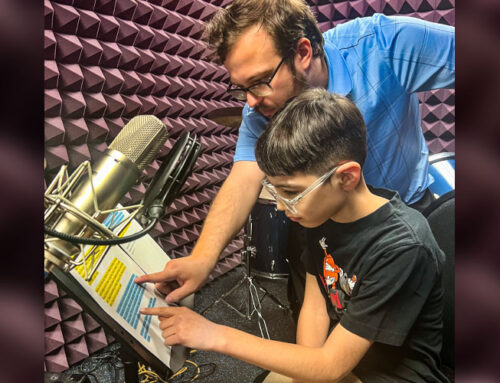by Dr. Anthony Hadzimichalis, Executive Director
Teachers spend a lot of time on assessments and grades in an effort to develop a concrete description of a student’s achievements.
While a letter grade in math or science is useful for understanding a student’s level of knowledge relative to other students, letter grades cannot capture a student’s sense of self-worth or well-being, their desire to learn, or their emotional and social challenges, which are so critical to success in school.
At Westbridge Academy, we use a Student Passport. This comprehensive assessment approach is used by instructional, clinical and support staff, including teachers, social workers, parents, and representatives from the school district. The Student Passport includes five sections that provide a comprehensive assessment of the student’s progress and emotional make-up. We look at learning styles, student interests, behavioral progress and goals, academic progress, discipline and remediation issues, along with state test scores and work samples.
If a report card is a snapshot, the Student Passport is a feature film that tells a rich and complex story. And because the Student Passport is useful for showing the school districts how the child has improved, it plays a crucial role in IEP meetings.
It offers a robust and comprehensive assessment of present levels of performance that can help shape a successful path forward for the student.
At this time of year when we are making important decisions about program, placement, goals for the coming school year, our methods help to ensure that we are looking at the whole child, and not just numbers.







